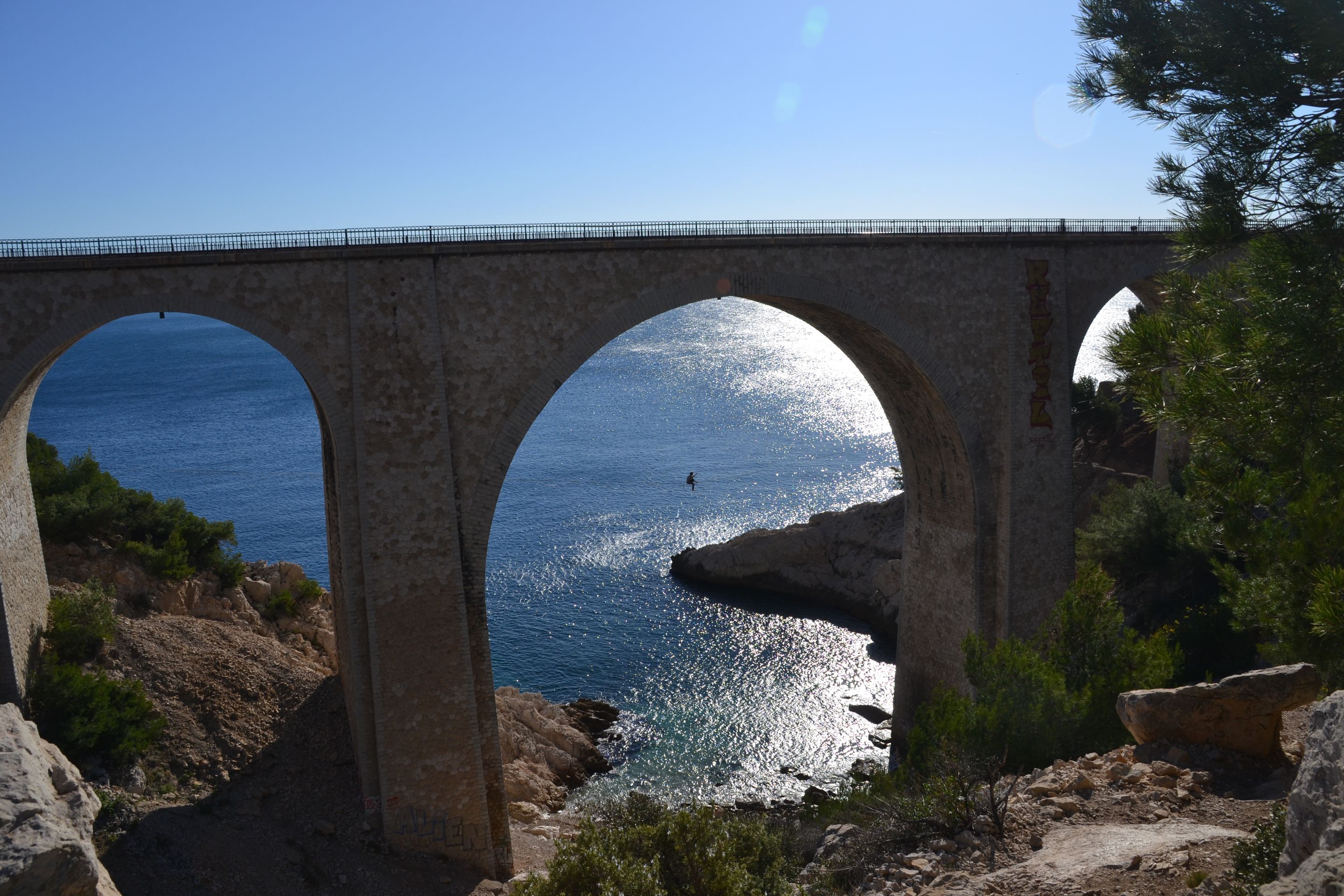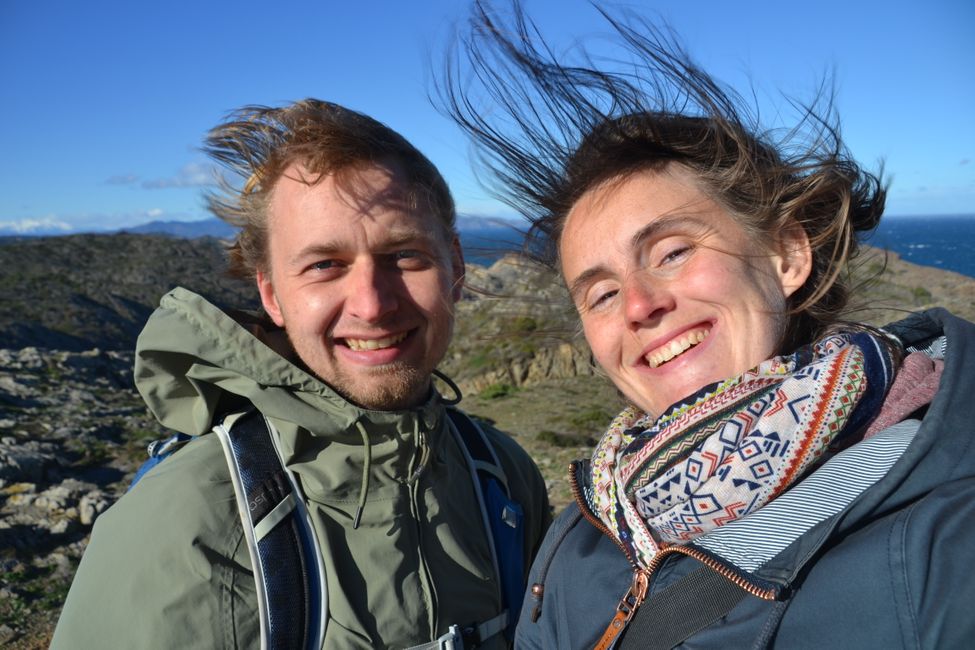#136 Conclusion Kosovo
Pubblicato: 08.06.2022
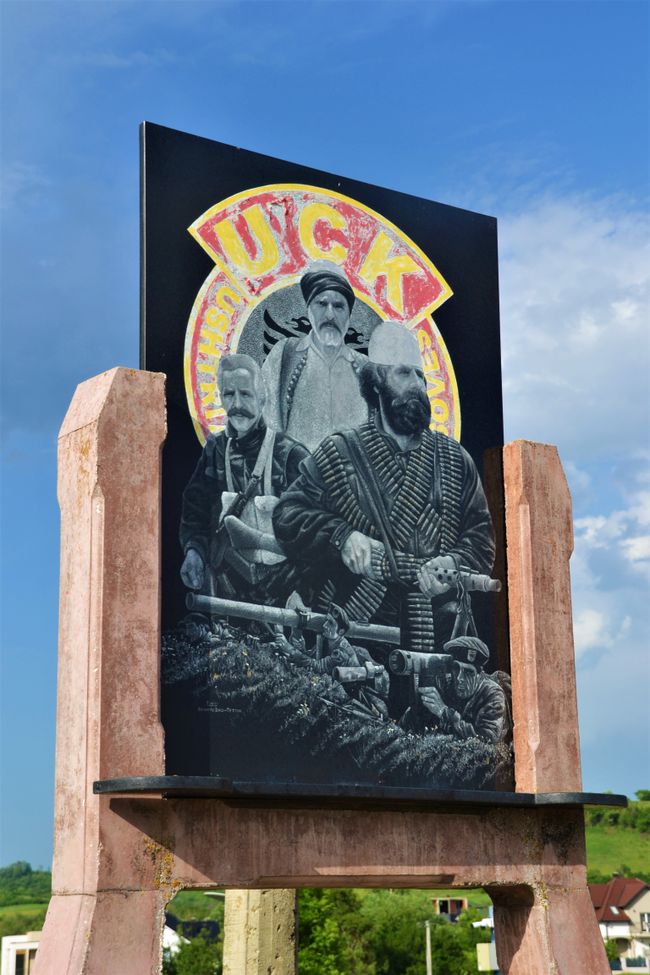
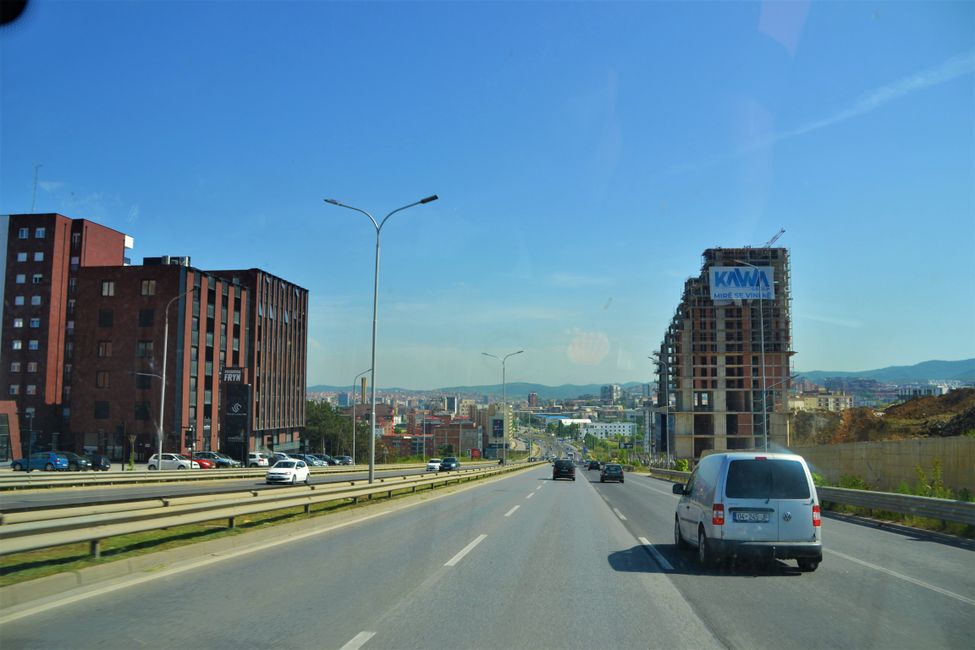
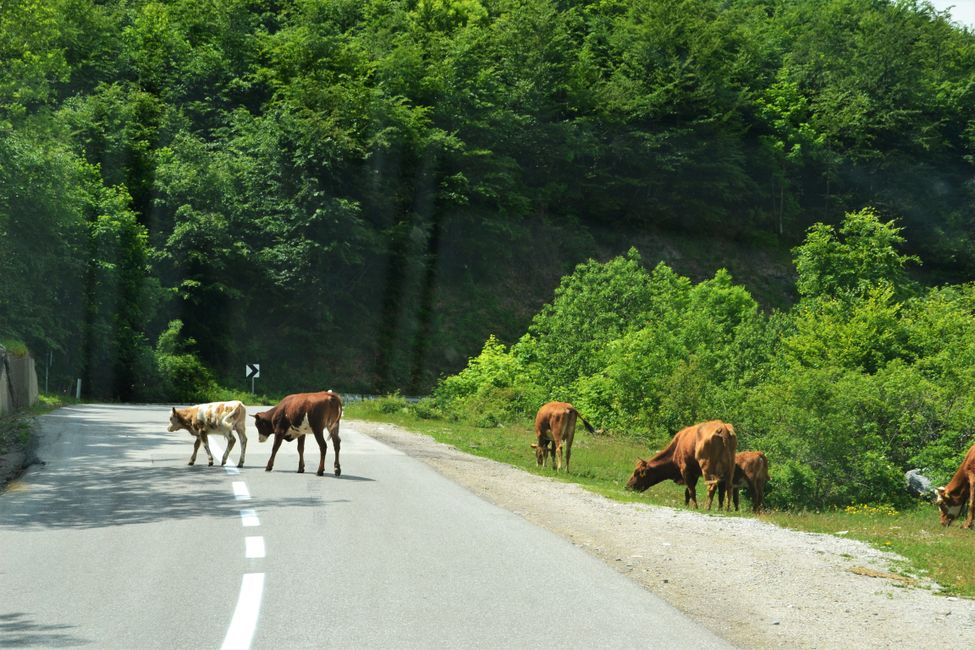
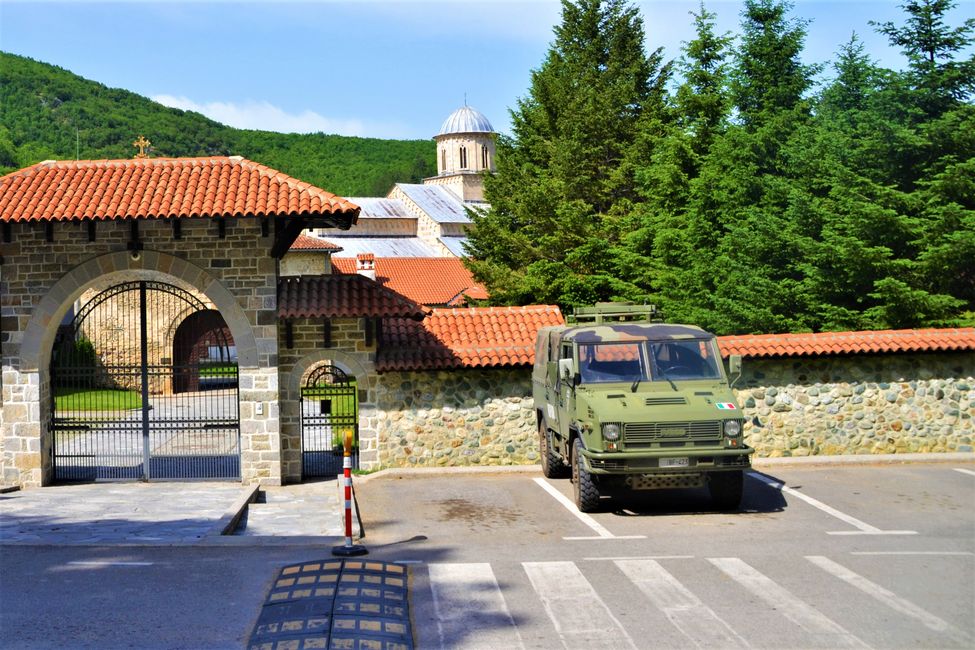
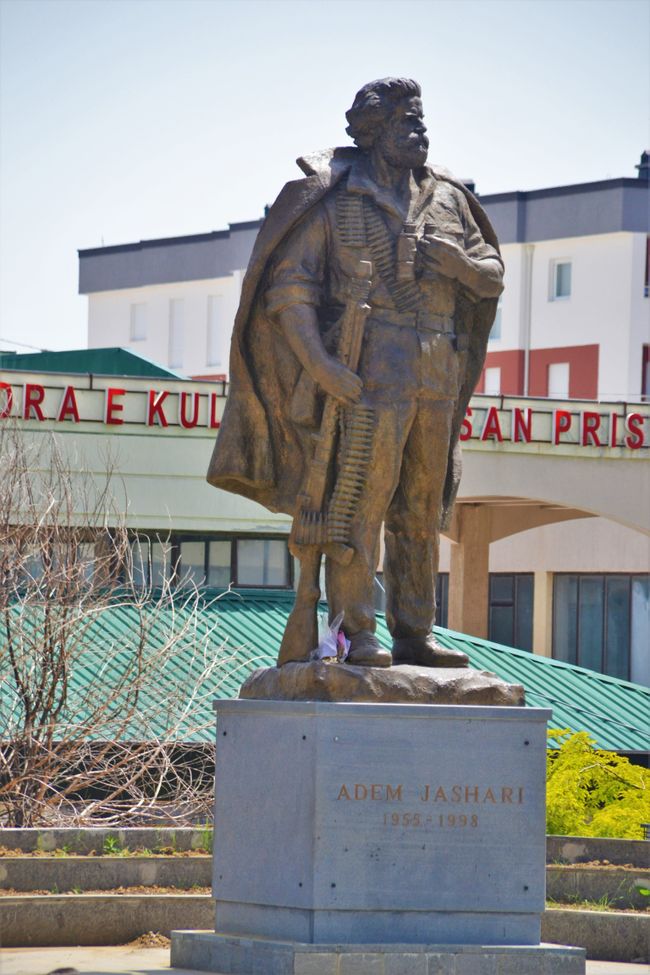
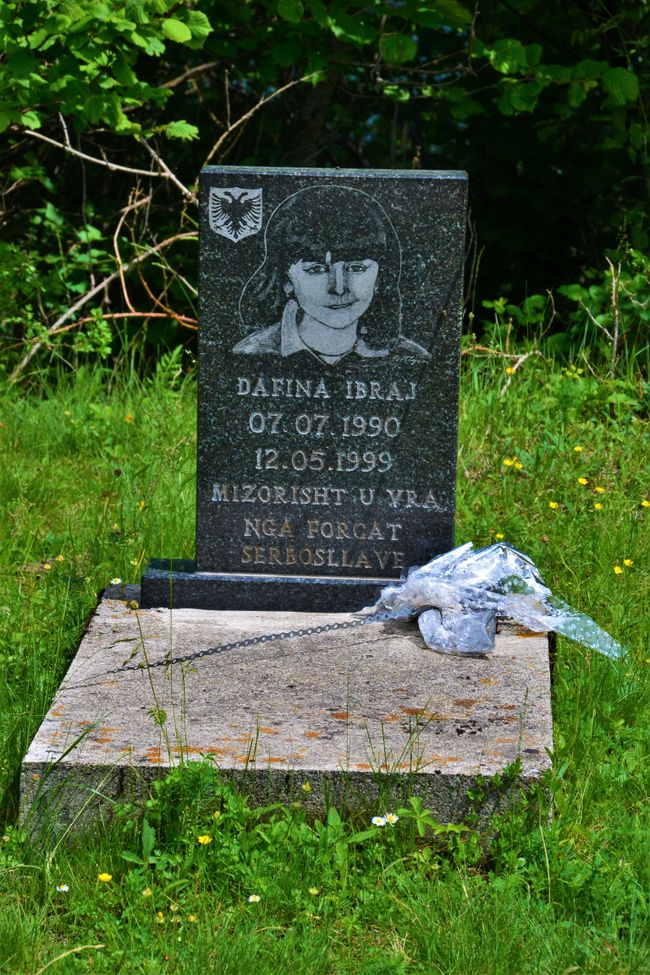
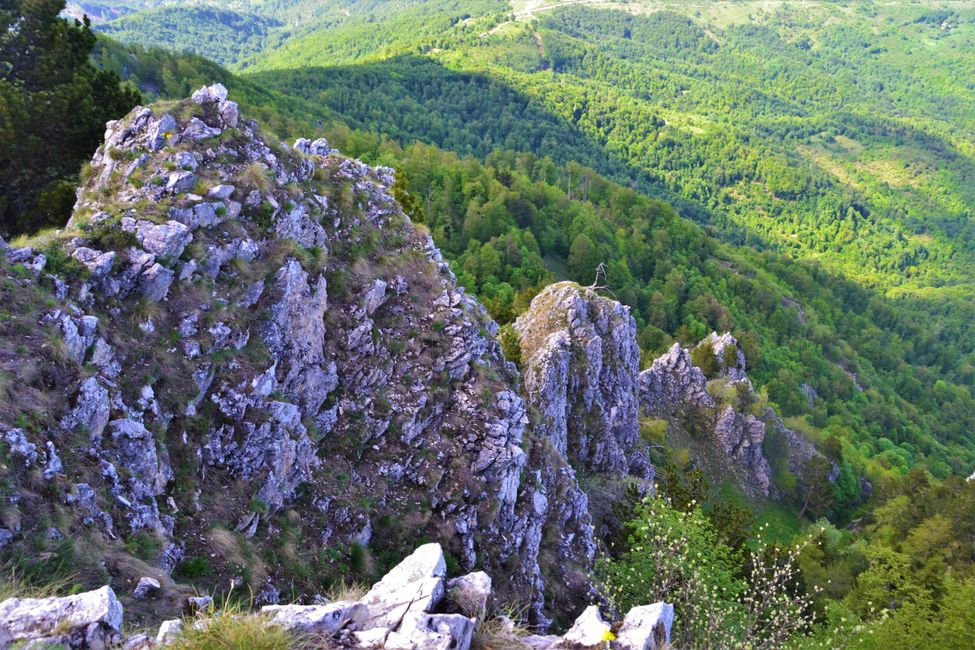
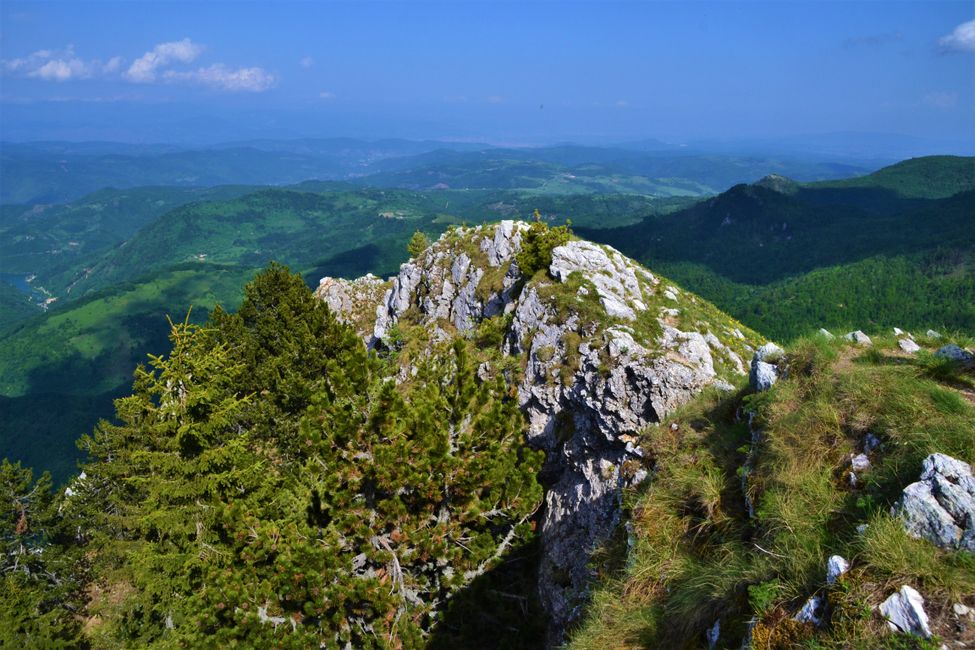
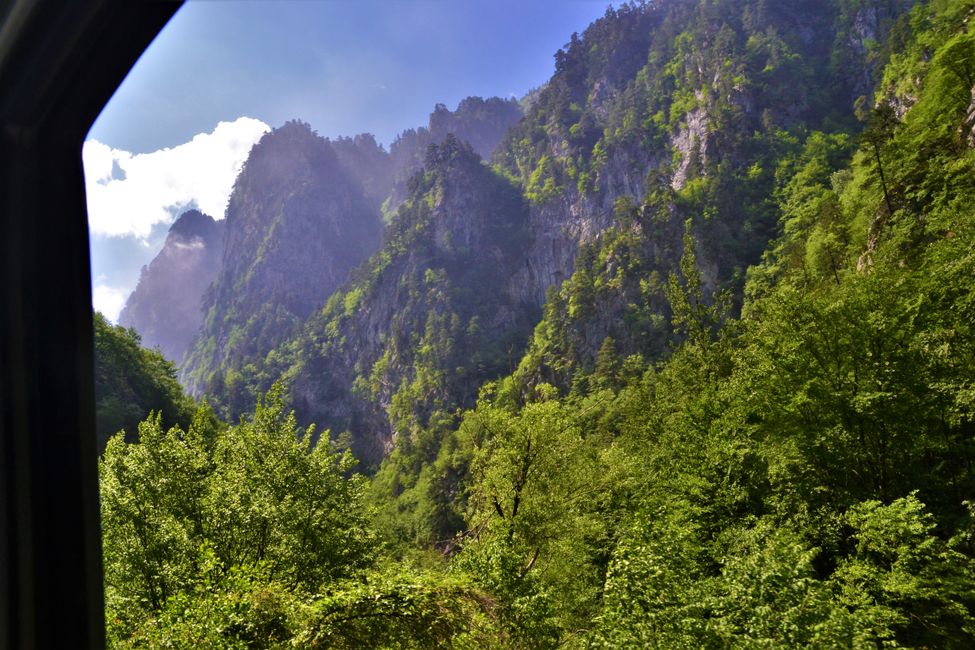
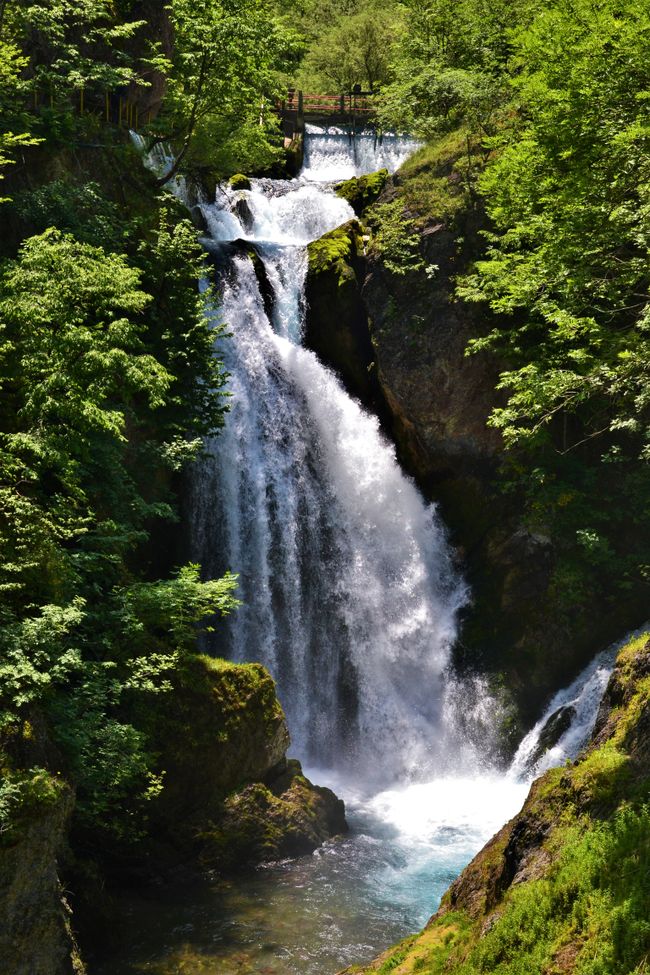
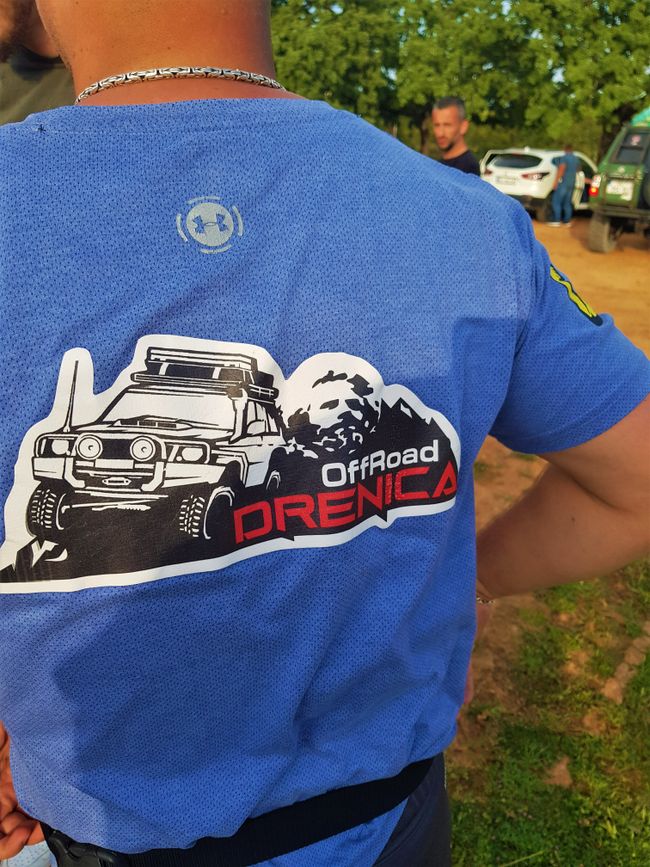
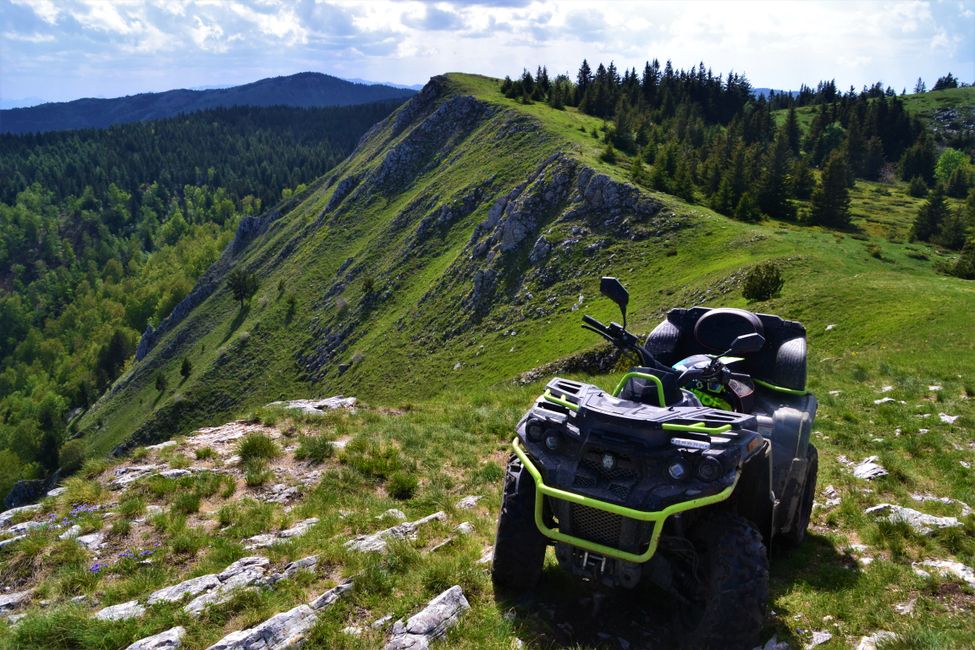
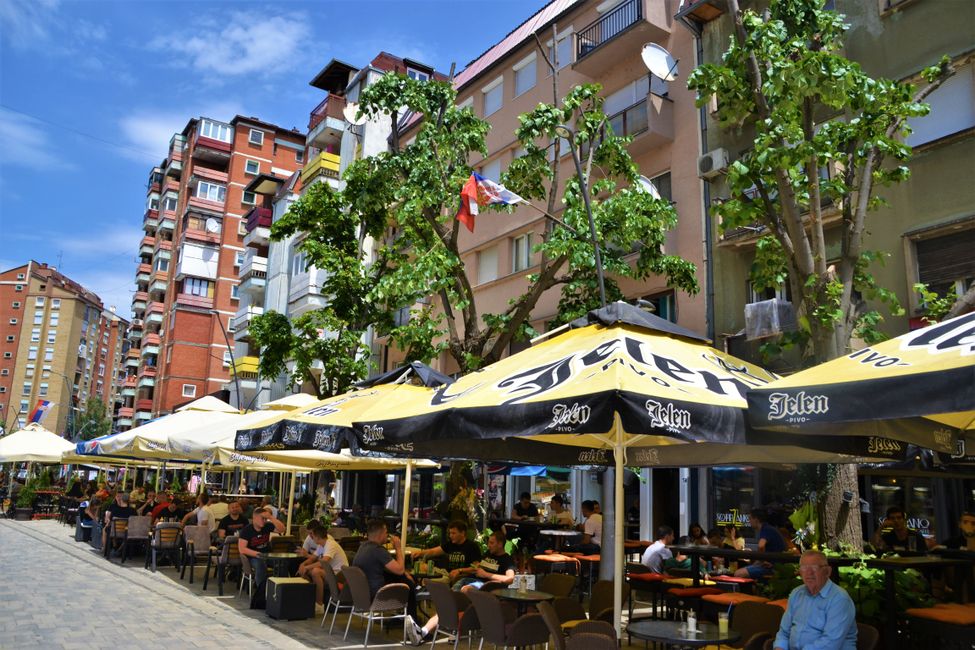
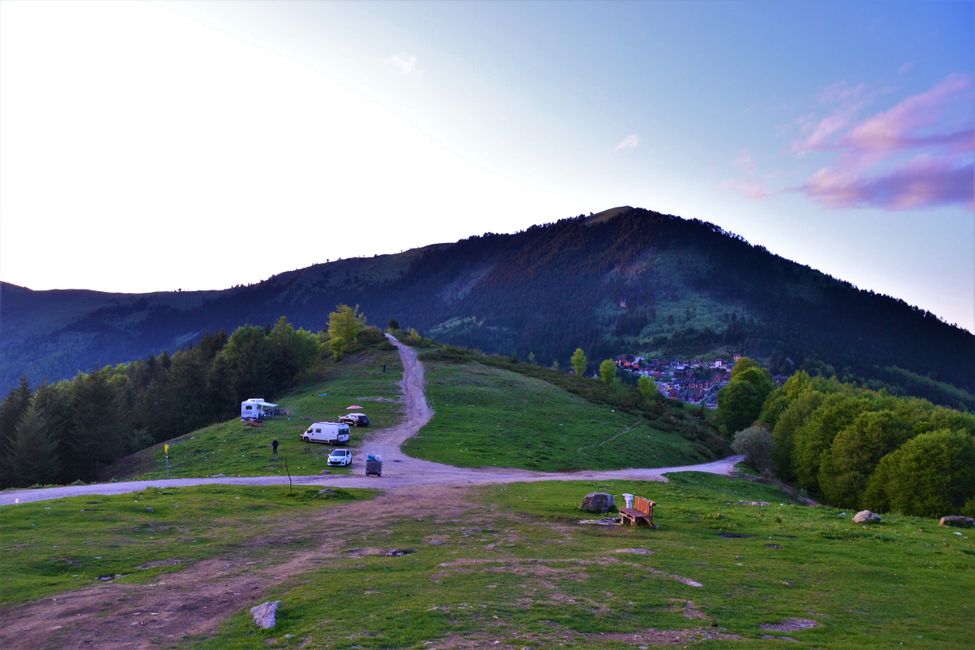
Iscriviti alla Newsletter
May 30, 2022: Rugova Mountains
Before crossing another national border, we want everyone to write a conclusion about Kosovo. We wrote it independently of each other, without knowing the content of the other. So here are our conclusions about Kosovo:
1. Many people in Kosovo say that Kosovo is like Albania without a beach. I don't think that's completely true. Sure, Kosovo also has beautiful mountain regions like Albania, and mainly Albanians live in Kosovo, but the history of the last 25 years has changed the country dramatically. The Kosovo War was cruel and terrible like any war in the world. Nevertheless, I am very grateful that we met people who told us their stories from the war when they fled from the Serbs as 7-9 year olds (#134). Regardless of whether the Serbs or the UÇK were right and whether the NATO intervention was legal, people my age in the former war zone were able to vividly show me what happened back then. I also know this from my grandparents in Germany, but this was somehow different - probably because they were the same age as myself. The tensions between Serbs and Albanians still exist, but as a tourist, you don't notice that directly. The KFOR is still present, but even in the border area between Kosovo and Serbia, we were able to stay without any problems. However, I would advise against going there without locals, as there are still some areas that may contain landmines.
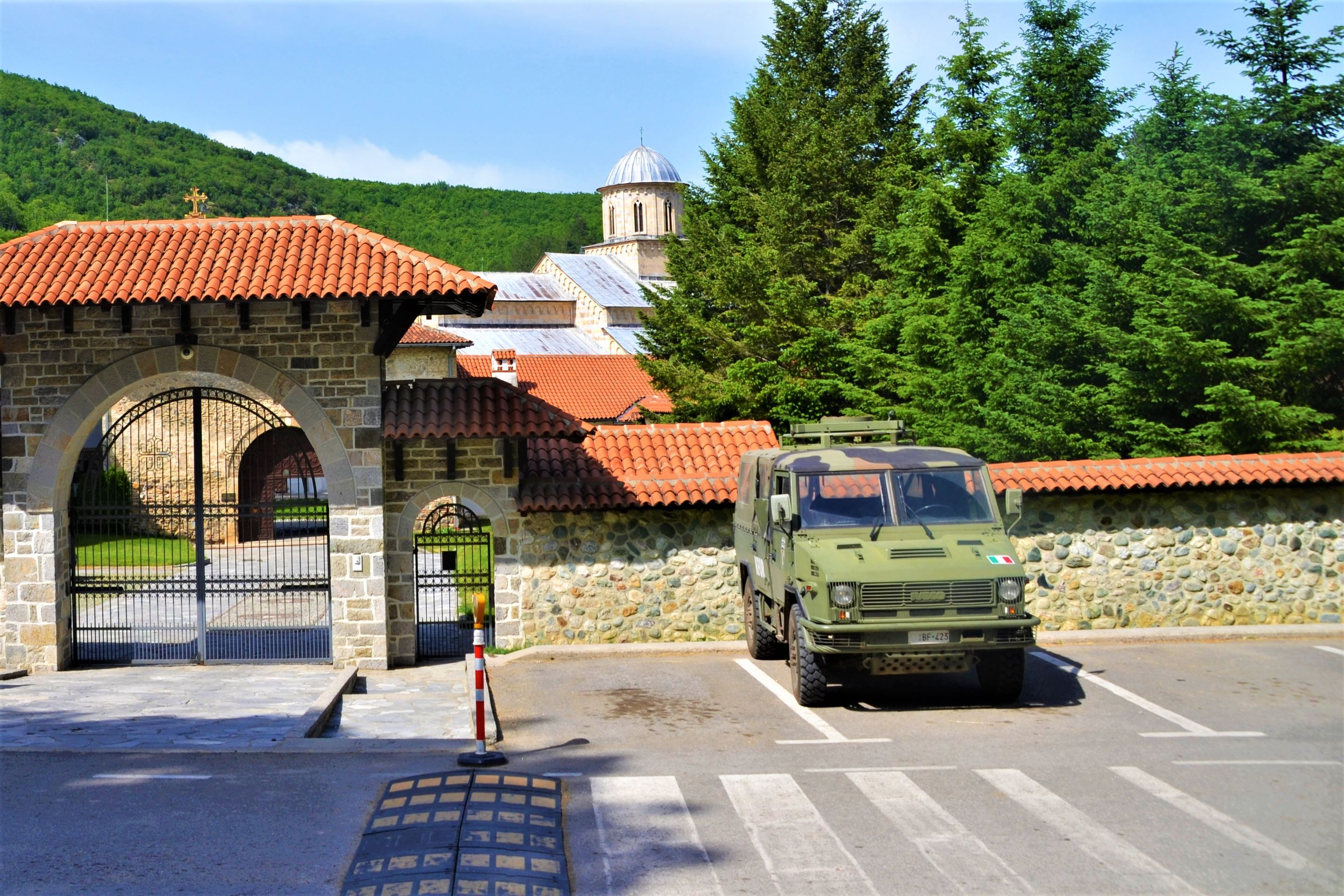
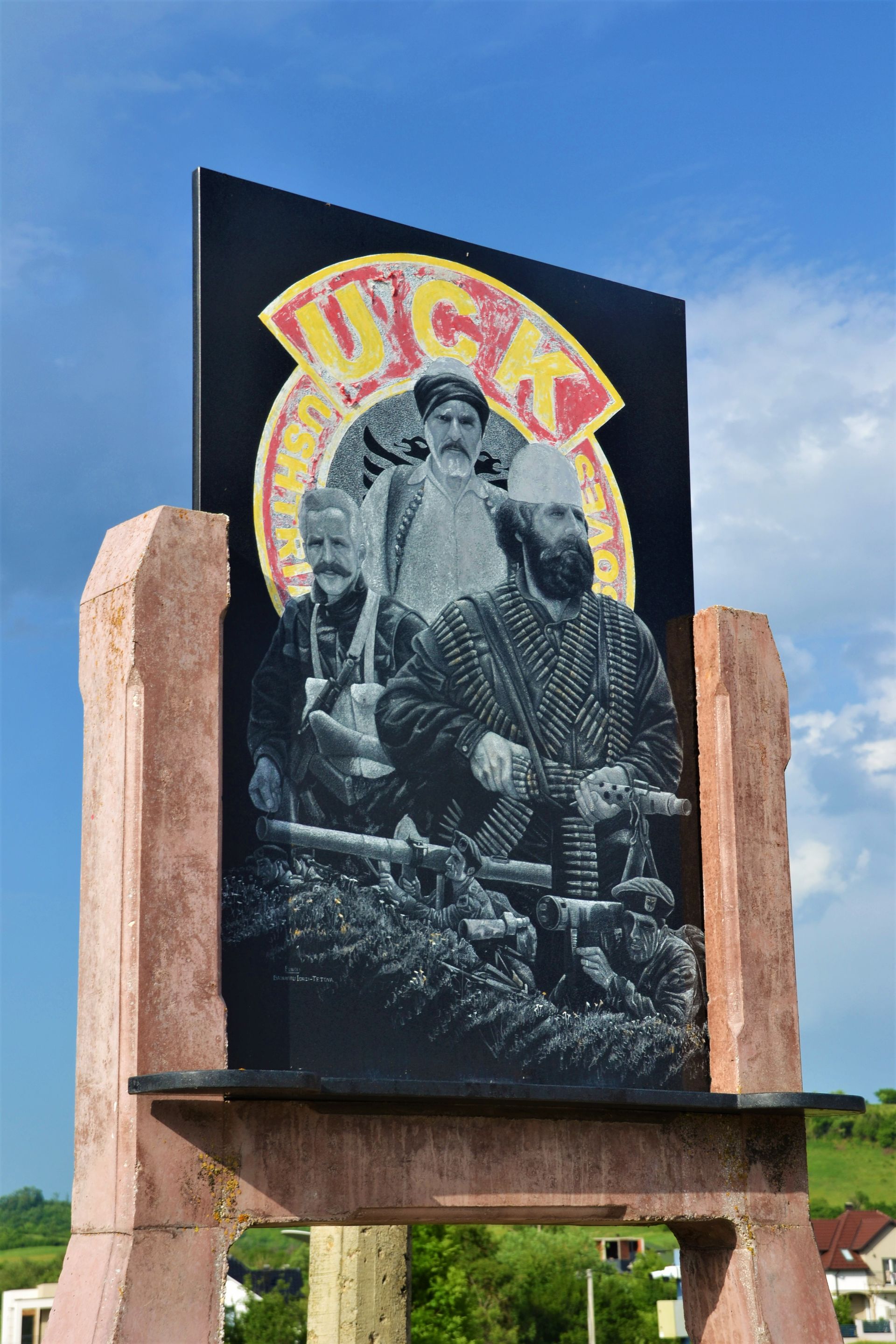
Just like Albania, Kosovo also has absolutely beautiful landscapes and at the same time a trash problem that sometimes mars this beauty a little. In addition, I would say that the Albanians in Kosovo are even friendlier than the Albanians we met in Albania. This is of course just my opinion, but I found that English is much more widely spoken in Kosovo, which made the already great Albanian hospitality even better for me. Many Kosovars were also particularly fond of us two Germans, as they received a lot of help from the German NATO troops during the Kosovo War.
Now a brief overview of the traffic and road conditions in Kosovo. The traffic is just as crazy as everywhere else in the Balkans. When people from Kosovo come to Germany, they are often stopped by the police because they are once again driving without a seat belt. Many drivers in Kosovo do that. The roads are mostly in good condition. There are only a few unpaved roads left, and it's particularly fun to drive on the new north-south highway from Pristina to Skopje.
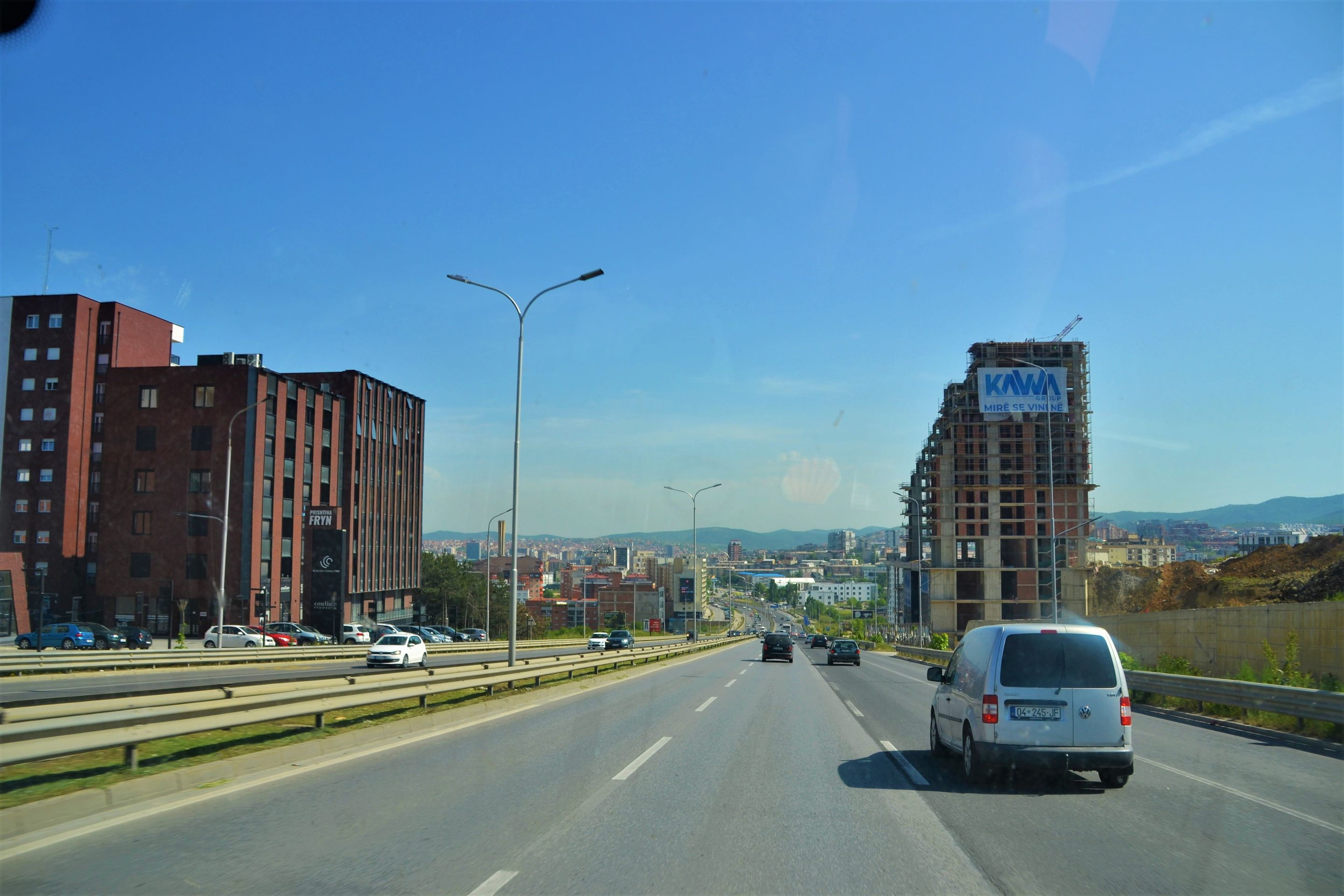

Many people in Kosovo wish for more tourists to come to their country, as they are currently experiencing what is happening in Albania. Some see the lack of a beach and the fact that Kosovo has not yet been recognized as an independent country by all nations as a major problem. The latter also makes it difficult for many Kosovars to leave the country or travel to the EU. Unlike all neighboring countries, Kosovo does not have a travel agreement with the EU. I can only highly recommend a visit to Kosovo and if you want to experience an authentic off-road day in Kosovo, I can only recommend the guys from OffRoad Drenica.
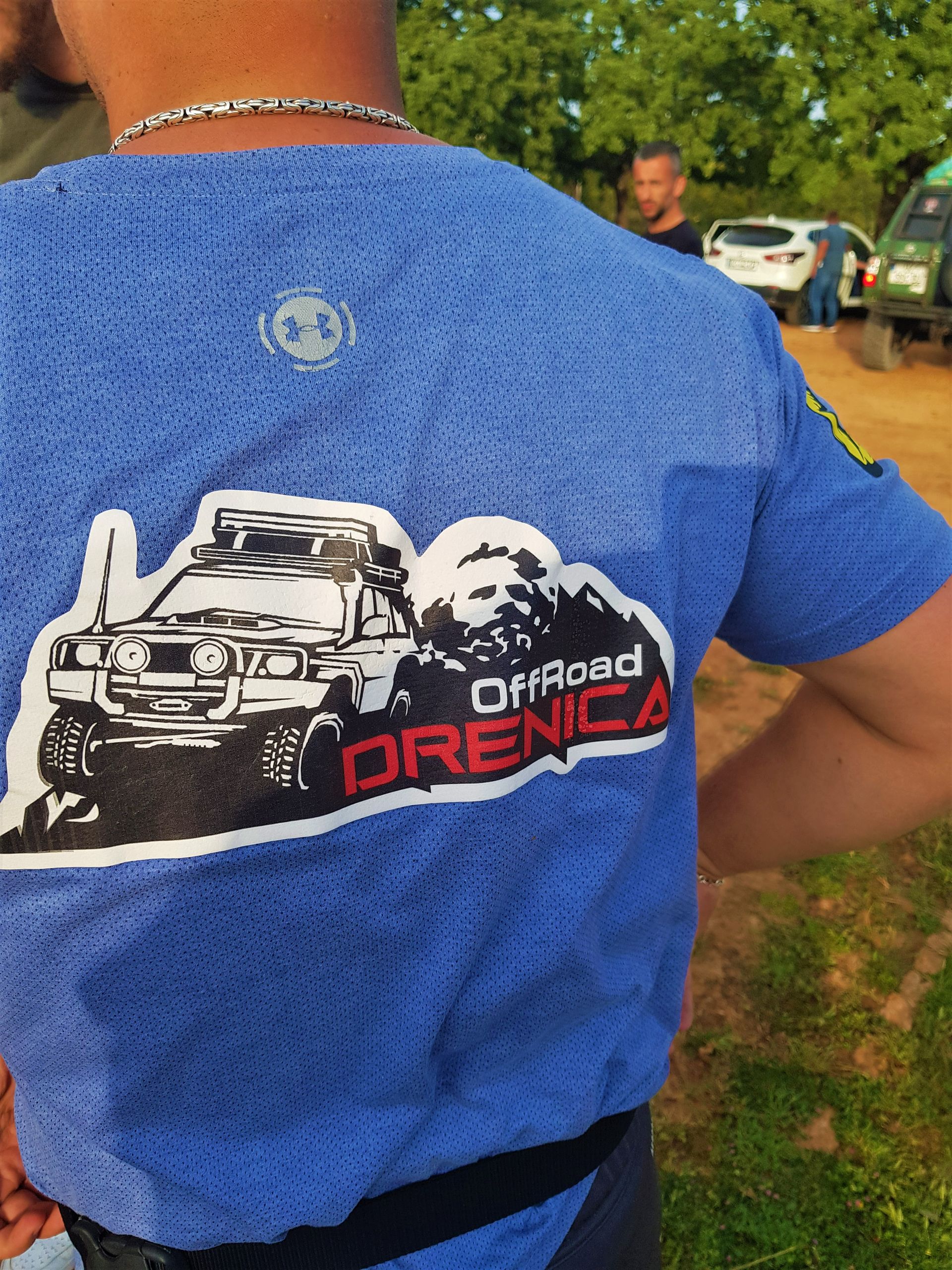
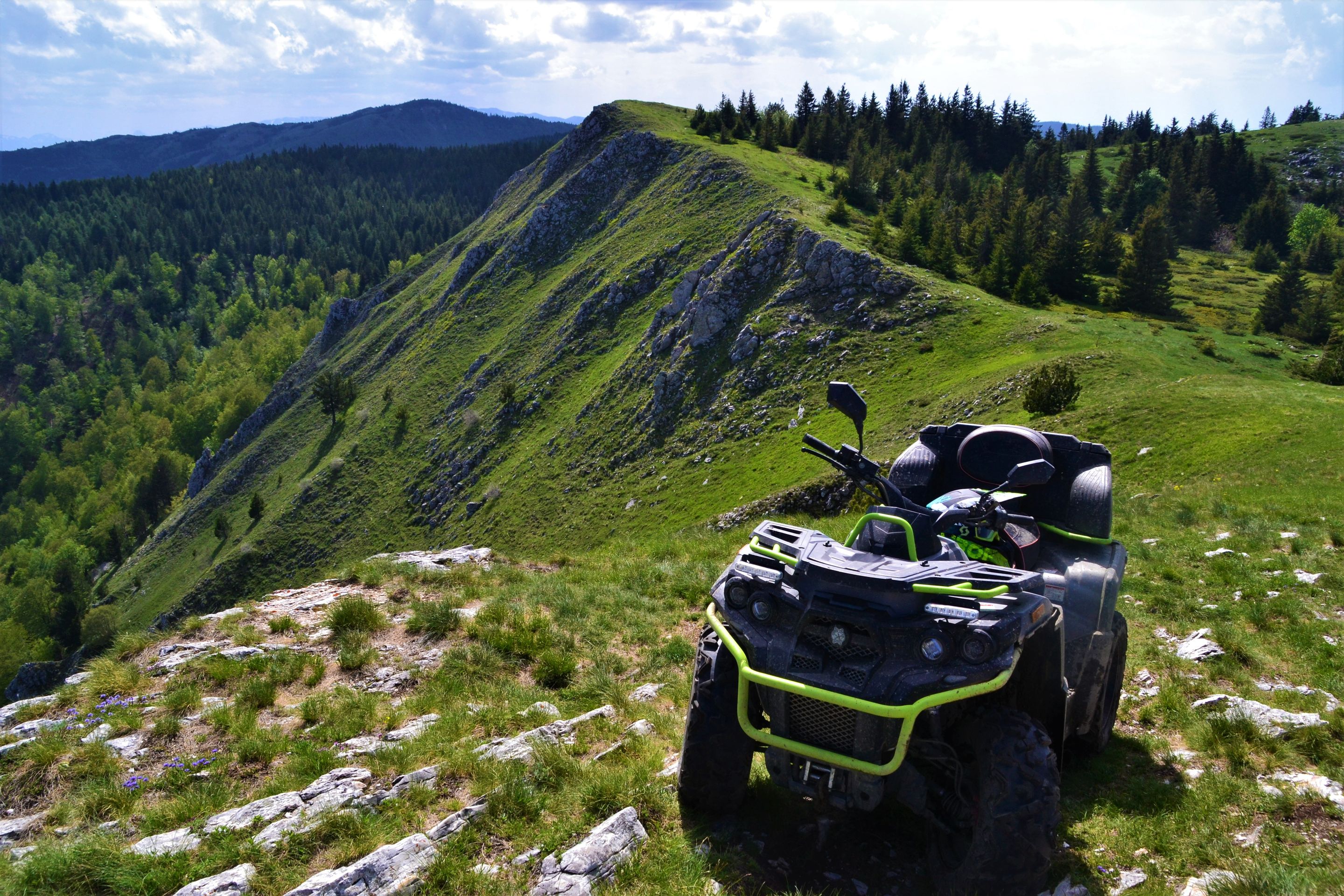
2. Kosovo is an impressive country with beautiful nature and incredibly nice people.
Kosovo is full of high, beautiful mountains, especially the border regions on all sides are mountainous, and there is only a plain in the middle of the country. My favorite places were the Rugova Mountains (#135) and the Mokra Mountains near Berim in the west of the country (#134). There are waterfalls, hidden caves that have not yet been fully explored, and hot springs. Like in other Balkan countries, there are bears and wolves here, but you only rarely encounter them in the wild; you can admire bears better at the bear sanctuary in Pristina. But the real reason for a trip to Kosovo are the wonderful people.

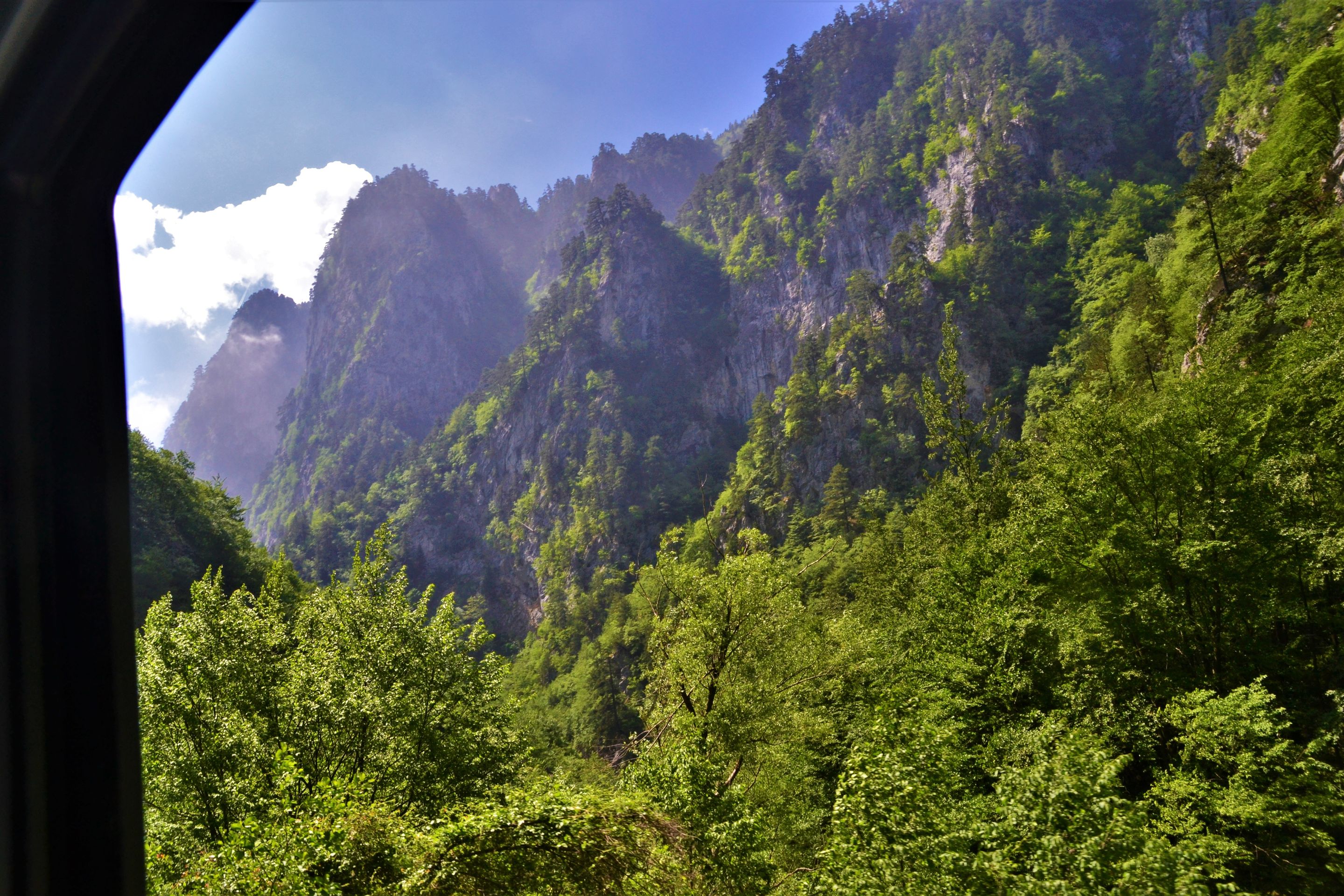
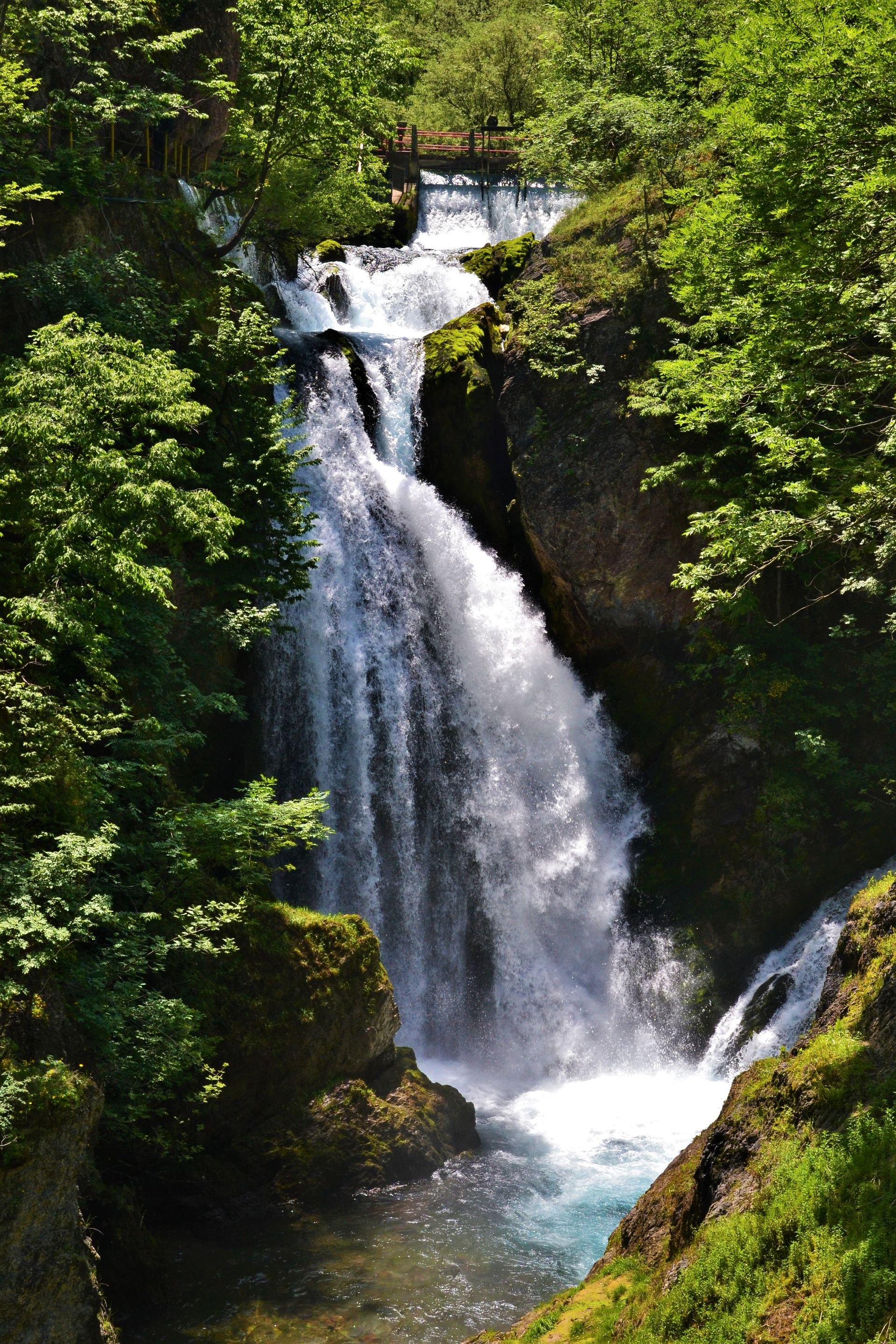
Never before have I met such nice, helpful, open, and hospitable people anywhere. What we often heard about the people in Albania beforehand, I can confirm about Kosovo. All the locals we met let us take part in their lives, told us about their history and dreams, invited us, and took care of our well-being. We were often told that if we have a problem, we should just ask someone, everyone will help us. I have no doubt about that. The most amazing experience was in Skënderaj (#134), where we were invited by a group of people we had spoken to a few minutes weeks ago. They had told us to get in touch when we are in Kosovo. We did that to get tips about the country. We not only got tips, we were invited. As a matter of course, we were accommodated in our own house, we were entertained every evening with drinks, food, and nice people, and a spectacular mountain trip was organized on a Thursday. Those who came along had taken the day off work just for us, and then they even apologized that the others had to work and couldn't come. Naturally, we did not have to pay a single cent during the whole time. This experience was the best of our entire trip. But it was not an isolated case. All the other travelers we met in Kosovo were invited by locals. Hospitality is highly valued in this country. (There is also a proverb about it: The guest is God.)
Beforehand, like many others, I mainly associated Kosovo with the war. Due to the war from 1998-1999, there are hardly any beautiful cities left, except for the beautiful Prizren (#132). Nevertheless, the cities are lively and the cafés, restaurants, and bars are full at all times. 50% of the population is younger than 28, making it the youngest country in Europe. That's a good thing because it not only makes the country young and dynamic, but also means that about 50% of the population no longer remembers the war.

Although the war is not omnipresent, it is still vivid in the memories of the older people, and by that I mean those over 30. We have heard stories from people our age about how they were in captivity during the war as children, how they didn't know for months whether their fathers were still alive, how their grandfathers were shot, how they witnessed all the war crimes that exist, and how lucky they were that none of their family members were killed or raped. Hearing such stories from the war, we in Germany only hear from the generation of our grandparents; to hear it from peers over a beer in a bar is completely different, depressing, but also interesting and hard for us to imagine. (While we can only try to imagine what it is like in Ukraine at the moment, they can actually imagine it well.)
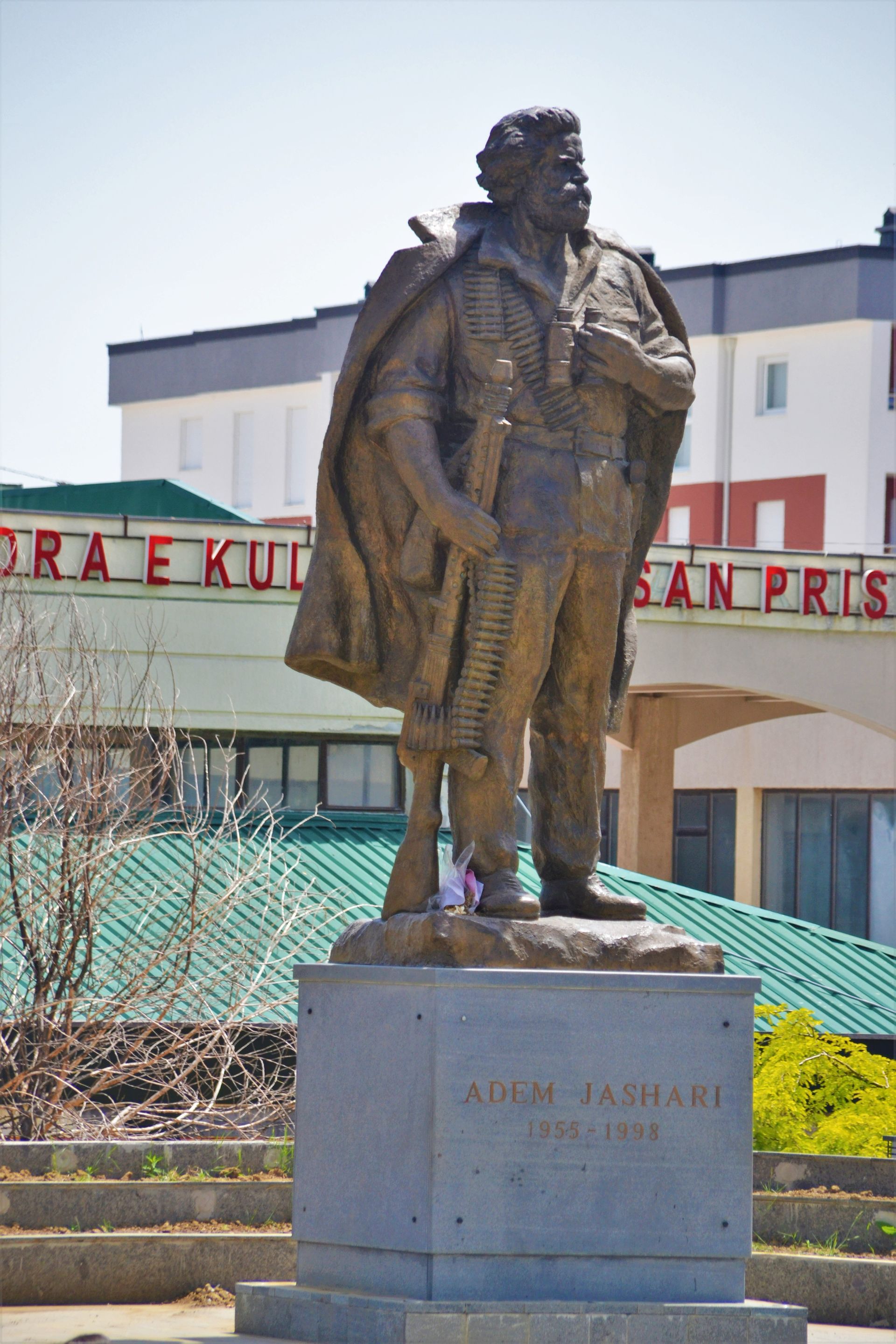
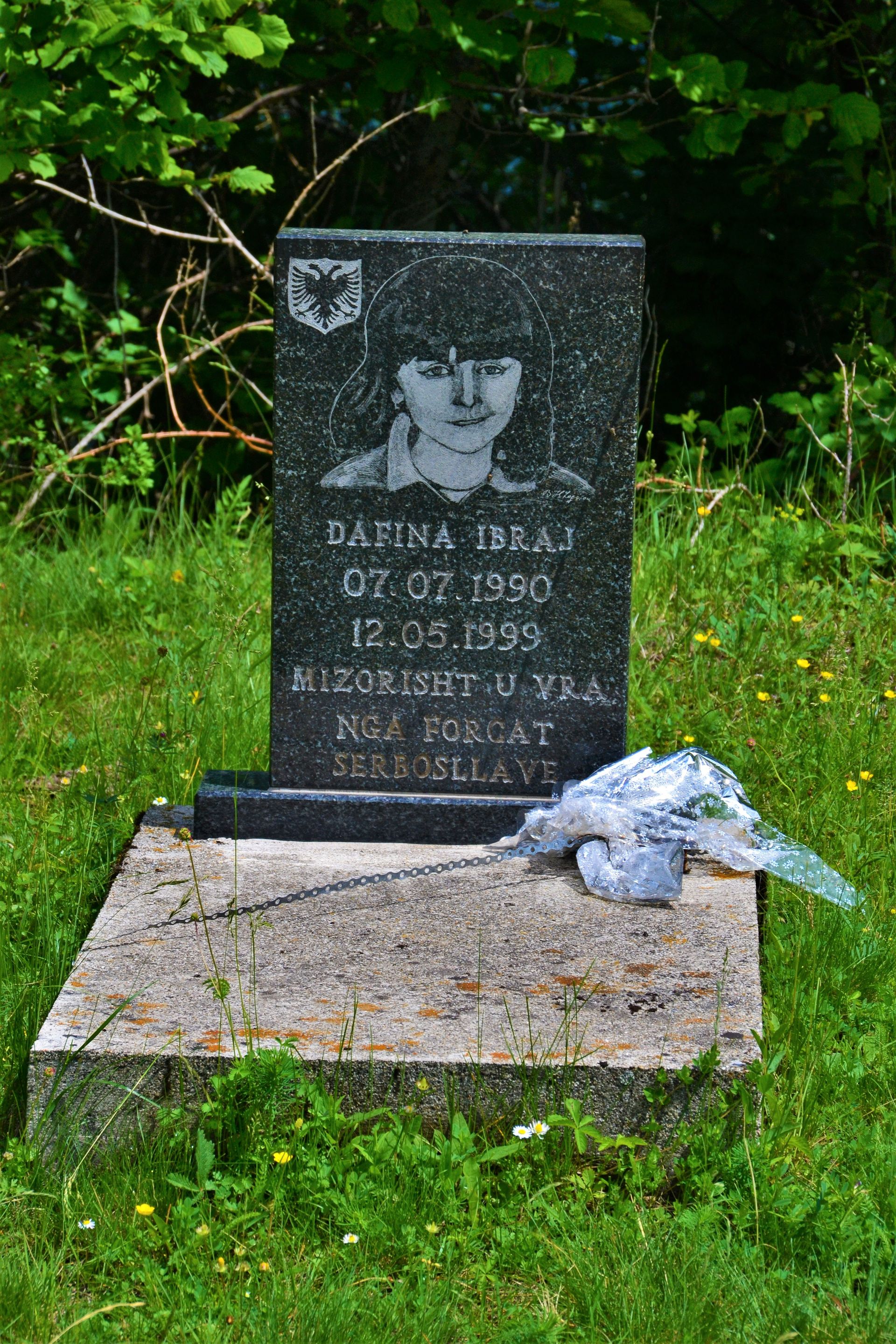
The war has not only left memories but also other things: Hatred of the Serbs is more pronounced in some people and less in others. The soldiers of KFOR, who ensure peace, can be seen regularly throughout the country. The ethnicities are now geographically separated, unlike before the war, so hardly anyone who is 95% Albanian has contact with the 5% Serbs in the country, and the Albanians only speak Albanian and the Serbs only speak Serbian, so they can't communicate with each other except maybe in English. Another legacy of the war is, of course, the independence of Kosovo (since 2008). However, Kosovo is not recognized by all countries, so Kosovo is the only European country whose residents are not allowed to enter the EU without a visa (excluding Turkey and Russia). This burdens them heavily, as tourist visas are very regularly rejected, even to visit their own families. We hardly met anyone who does not have relatives in Germany (or Norway) or who has never lived there themselves. Some fled to Germany during the war, some were already there before, and some worked there after the war to finance the reconstruction of the country. That's why quite a lot of people in Kosovo speak German. The connection to Germany is also strong because Germany fought on the side of Kosovo against the Serbs during the war. They really appreciate that here. But even before the war, Kosovo had the German mark as its currency and now has the euro.
When we entered Kosovo from Albania, many things seemed similar at first glance. The people are (mainly) Albanians and speak Albanian (so I could continue to use my laboriously learned Albanian words). However, Kosovo is more developed than Albania but still significantly less touristy. And of course, the history is very different, which influences many things.
The fact that the country is still relatively untouched by tourism means that there is not a single campsite in the whole country. Nevertheless, I would recommend a trip with a camper van in Kosovo. Although free camping is not officially allowed, it is tolerated, and if you need a shower, water, a washing machine, or anything else, you can simply ask one of the locals, and you will be well taken care of.
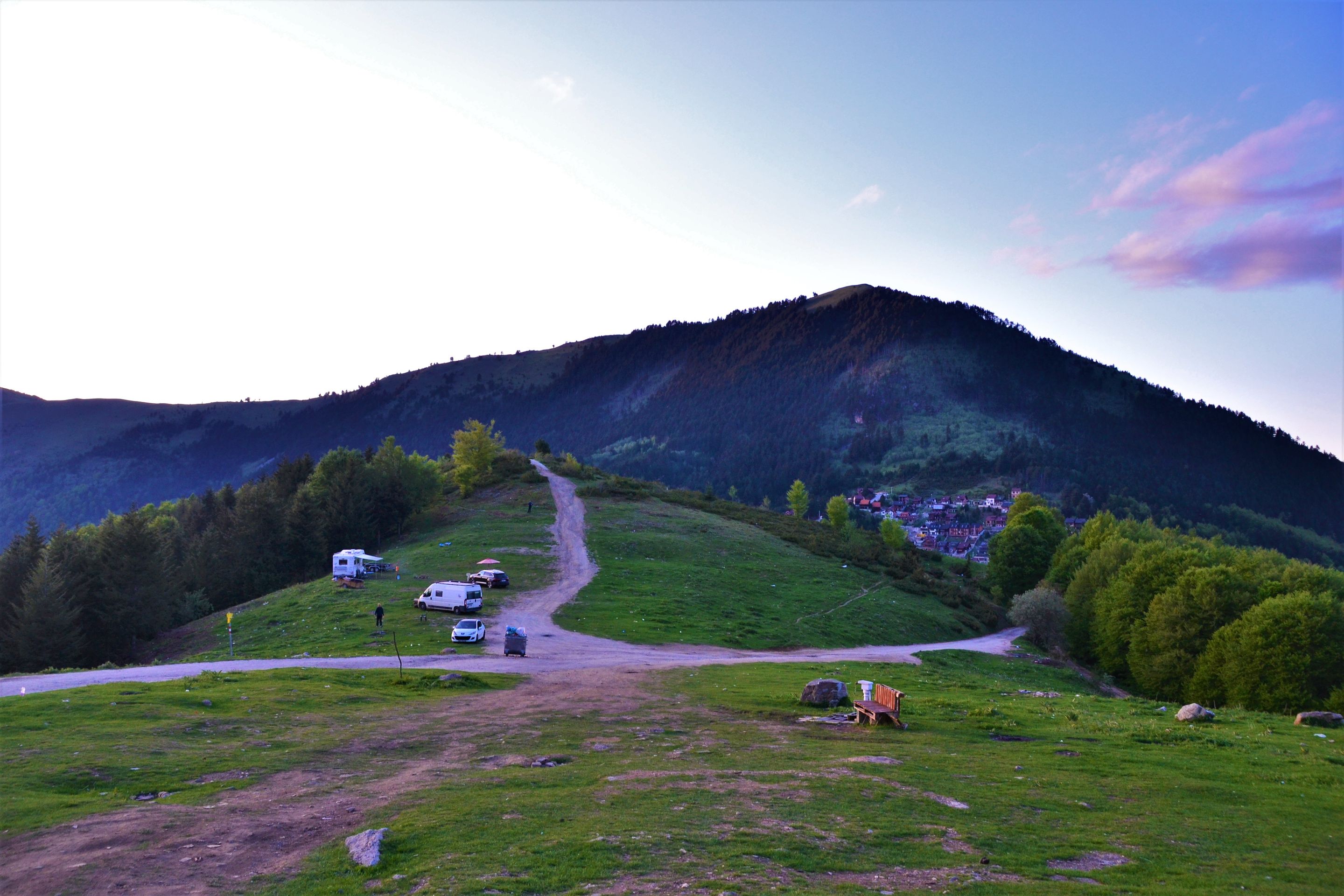
A trip to Kosovo is also worthwhile for other tourists. (There are hotels, restaurants, rental cars, and public buses.) The country is quite small (only about 1/5 the size of Lower Saxony), but it has a lot to offer: in winter, deep snow; in spring, raging rivers and waterfalls; and beautiful mountains and wonderful people at any time of the year. The 8 days we spent here were full of breathtakingly beautiful nature, delicious food, and incredibly nice people. We could have stayed longer and definitely have to come back.

Day 226 - Total tour 16,777 km
---- Subscribe ----
If you want to subscribe to our blog, you can either sign up with Vakantio and click on subscribe or send us a message and we will add you to our own mailing list. We also appreciate feedback, of course!
Email: querfeld2@gmail.com
Iscriviti alla Newsletter
Risposta
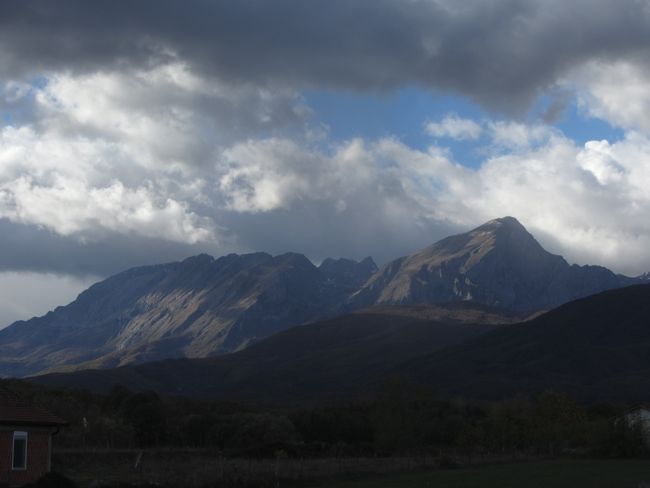
Rapporti di viaggio Kosovo
